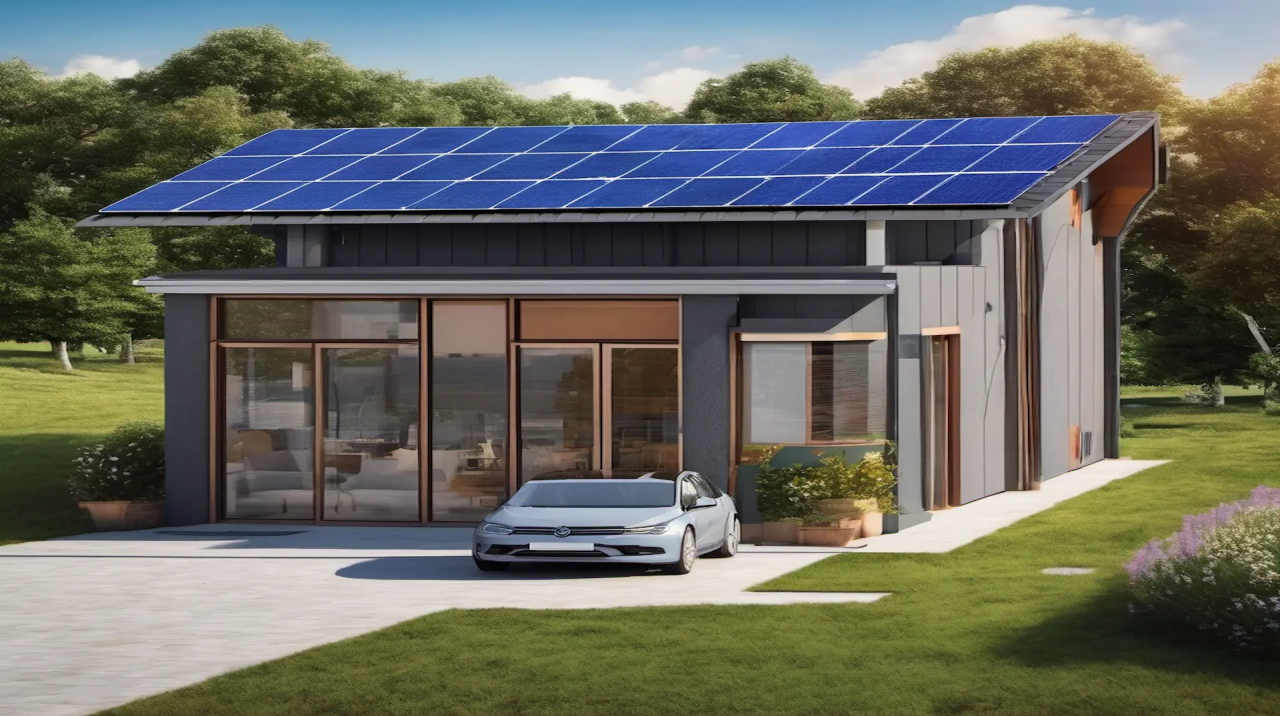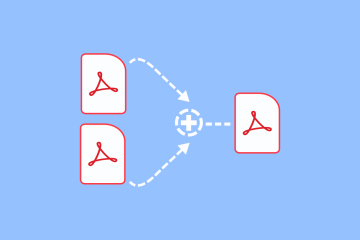Are you thinking about going solar in your 1 story modern house? Solar energy is a smart way to save money and help the environment.
However, the costs of installation can be confusing. Knowing what to expect can help you make better choices.
In this article, we will break down the costs of solar panel installation. We aim to give you the information you need to make your home more energy-efficient while staying within your budget.
Solar Panel Cost
The cost of solar panels is a major component of the overall installation expense. Prices for solar panels can vary based on their type and efficiency. Homeowners often choose between monocrystalline, polycrystalline, and thin-film panels.
Monocrystalline panels are generally more efficient and have a higher price. Solar cells offer many advantages, such as higher energy output and a longer lifespan, which can justify their higher cost. Polycrystalline panels tend to be less expensive but are also less efficient.
It is important to research the best type of solar panels and models before purchasing. The price per watt is a common metric used to evaluate solar panel costs. Homeowners should consider both upfront costs and long-term savings when making a decision.
Inverter Cost
The inverter is a crucial part of a solar energy system. It converts the direct current (DC) electricity from the solar panels into alternating current (AC) electricity for use in the home. The choice of inverter can affect the overall cost and efficiency of the solar system.
There are different types of inverters available, including string inverters, microinverters, and power optimizers. String inverters are typically less expensive and suitable for many homes. Microinverters and power optimizers can improve efficiency but usually come at a higher cost.
Selecting the right inverter depends on the specific needs of the household. Factors include the layout of the solar panels and the amount of shade they may receive. Understanding these options can help homeowners choose the best inverter for their solar system.
Installation Labor
Labor costs make up a big part of the total cost of installing solar panels. The skill level of the installers and how hard the installation is can change these prices. To make sure the system is installed properly, it’s important to hire qualified professionals. Usually, there are several steps to installation, such as checking out the roof and putting the panels on it. The solar panels will also be hooked up to the home’s power system by electricians. Local wage rates and the total cost of work can change. Before making a choice, homeowners should get prices from more than one contractor. This helps you figure out how much the service should cost on the market. There are also reviews and references for the professionals that you are thinking about that you should look at.
Permits and Fees
Permits and fees are necessary for installing solar panels in many areas. Local governments often require permits to ensure the installation meets safety and building codes. These fees can vary widely based on the location and local regulations.
The permitting process can take time and may involve inspections. Homeowners should check with their local authorities to understand the specific requirements. Some states and cities may offer streamlined processes for solar installations.
Mounting Equipment
Mounting equipment is essential for securing solar panels to the roof. This includes racking systems that hold the panels in place. The type of roof can affect the choice and cost of mounting equipment.
Different roof types, such as flat or sloped, may require different mounting solutions. Some mounting systems are designed for easy installation, while others may need custom solutions. Homeowners should discuss these options with their installer to find the best fit.
Wiring and Electrical Components
Wiring and electrical components are necessary for connecting solar panels to the home’s electrical system. This includes cables, connectors, and junction boxes that ensure safe and efficient electricity flow. Proper wiring is crucial for the overall performance of the solar energy system.
The cost of wiring can vary based on the size of the system and the distance to the electrical panel. Higher quality materials can improve system efficiency and safety. Homeowners should ensure that all electrical work complies with local codes.
Installation of these components often requires a licensed electrician. This helps to ensure that the system is installed safely and correctly. Budgeting for wiring and electrical components is important when planning for solar installation.
Monitoring System
A monitoring system lets people see how well their solar panels are working. A lot of systems come with software or apps that show how much energy is being used and made. This information can help people get the most out of their solar investment. Depending on the features and capabilities of a monitoring system, prices can vary. Some systems give you info in real time, while others might only give you summaries every day or every month. It’s important to pick a method that works for the homeowner. A monitoring system can help find problems early on. People can see how much energy they use and how much they make. If you use this information, you can save money and better control your energy.
Tax Incentives
Tax credits and incentives can significantly reduce the overall cost of solar panel installation. Many states and the federal government offer financial incentives to encourage solar adoption. Homeowners should research available programs to understand potential savings.
The Federal Investment Tax Credit (ITC) is one of the most notable incentives. This program allows homeowners to deduct a percentage of their solar installation costs from their federal taxes. Local and state incentives may also be available, further lowering costs.
Taking advantage of these incentives can make solar more affordable. Homeowners should consult with tax professionals to ensure they understand eligibility requirements. Understanding the financial benefits can help homeowners make informed choices about solar installation.
Brighten Your 1 Story Modern House With the Power of Solar Savings
Investing in solar panels for a 1 story modern house can be a wise choice. It offers long-term savings on energy bills and contributes to a cleaner environment. Homeowners should carefully consider all costs and factors involved in the installation process.
With proper planning and research, solar energy can be an efficient and sustainable option. Embracing this technology can enhance energy independence and increase property value.
Did this article expand your knowledge? If so, don’t forget to visit our blog for further educational material.




